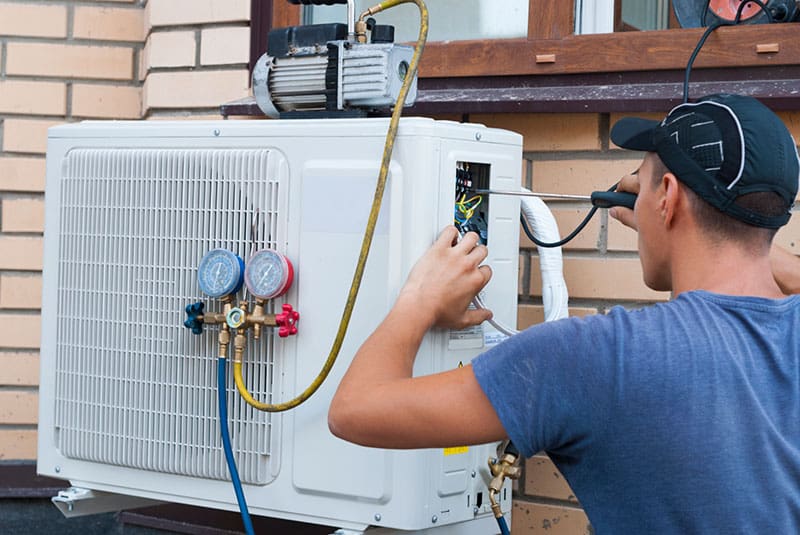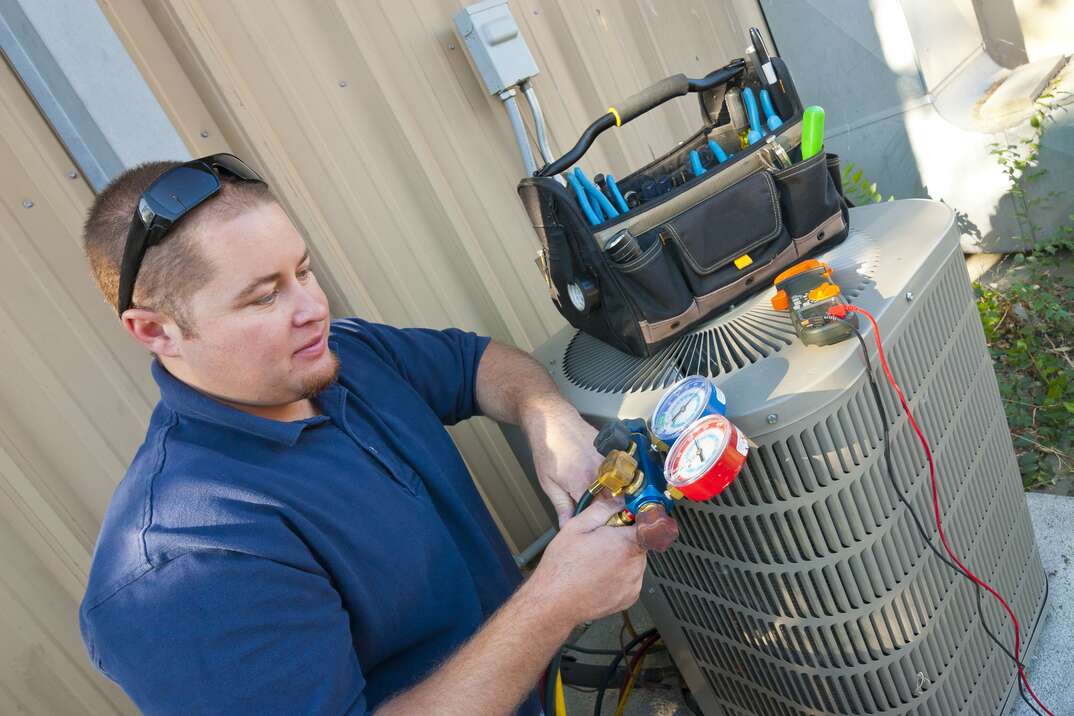Why Is HVAC Maintenance Important?
When you practice proper HVAC maintenance, you’ll extend the life of your HVAC system, save yourself from having to pay for costly repairs, and make sure that your system is operating at optimal levels. HVAC systems can be costly and necessary investments for many homeowners. Just like how you wouldn’t drive a car without ever changing its oil, you also shouldn’t operate your HVAC system without ever practicing proper HVAC maintenance.
Health and Safety with HVAC Maintenance
You can keep your home and your family safer by practicing regular HVAC maintenance. This is because your HVAC technician will be able to test for any carbon monoxide leaks, which can be fatal to anyone inside the home. Electrical fires are another risk that HVAC maintenance can identify in advance.
Also, all gas-burning furnaces put off some amount of carbon monoxide, no matter how efficient they are. Carbon monoxide is poisonous and has no odor. If the gas isn’t properly vented out through the roof of your home, then it can invade your living space.

How Long Is Too Long To Go Without HVAC Maintenance?
Doing without professional HVAC maintenance is no bargain. Costly component replacements, along with significant labor costs, are often the consequence when a furnace or air conditioner needs repair because an initially minor malfunction has morphed into a major breakdown. Because system energy efficiency is one of the first casualties of neglected HVAC , you may also be paying significantly higher monthly electricity and/or gas bills and wondering why.
Another major issue is the fact that a record of annual preventive maintenance by a certified HVAC contractor is often required by the warranty terms of a furnace or air conditioner should the unit require repair or replacement coverage.

What Regular HVAC Maintenance Entails
-
Change the HVAC filter.
-
Clean the evaporative coil.
-
Clean the condenser coils.
-
Check the condensate drain and clean obstructions.
-
Check refrigerant levels and fill as needed.
-
Test airflow.
-
Check wiring.
-
Test the function of electronic controls.
-
Check the thermostat for proper calibration.
-
Check blower and condenser fans.

